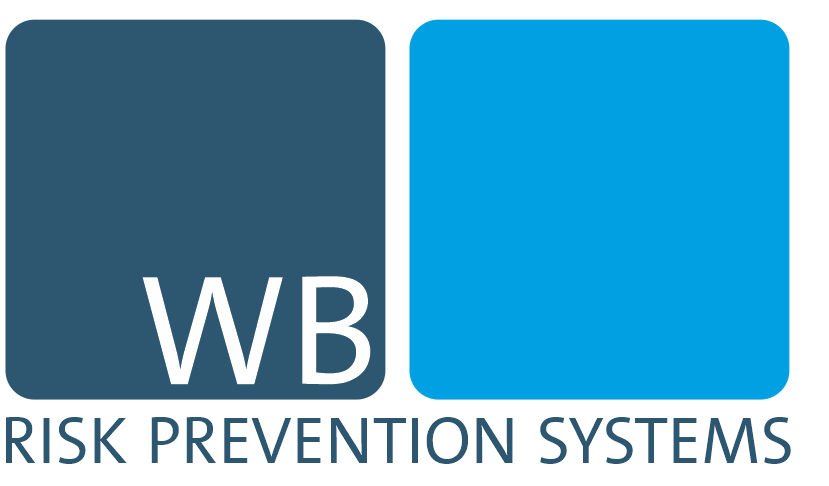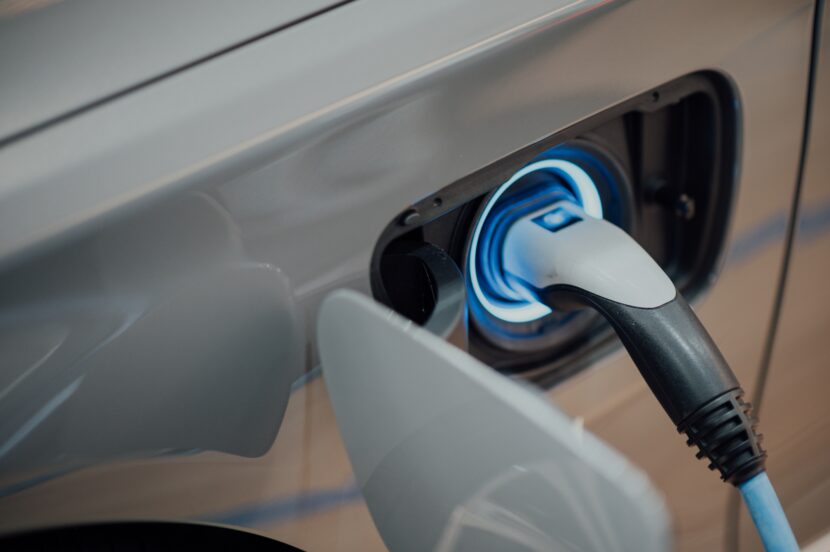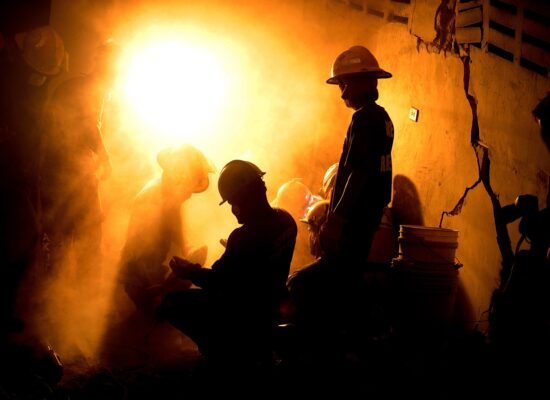Die Eroberung Afghanistans durch die Taliban hat dramatische und schwerwiegende Folgen für die lokale Bevölkerung. Sie wird sich aber möglicherweise auch auf Ihr nächstes Telefon, Laptop oder sogar Auto auswirken.
Ein Beitrag von Marcel Hagens
Obwohl 70 % des Landes noch unerschlossen sind, verfügt Afghanistan vermutlich über große Mengen an natürlichen Ressourcen. Darunter eines der größten Lithiumvorkommen der Welt. Aufgrund der fehlenden Infrastruktur und der bekannten Unruhen der letzten Jahrzehnte wurde mit der Erkundung in industriellem Maßstab noch nicht begonnen.
Lithium wird u. a. für die Batterien von Elektroautos, Laptops und Smartphones verwendet. Afghanistan verfügt außerdem nachweislich über reiche natürliche Vorkommen an Kupfer, Kobalt und Seltenerdmetallen. Diese Metalle sind für den von der EU und den USA angestrebten Übergang zu erneuerbaren Energien unerlässlich.
Lithium Handel mit den Taliban?
Die Taliban werden nun einen Weg finden müssen, dieses Lithium zu vermarkten, um eine wirtschaftliche Grundlage für ihren Putsch zu finden. Solange es anderswo sicherere und zuverlässigere Quellen gibt, wird die Verwendung afghanischer Mineralien wahrscheinlich gering bleiben. China und Russland scheinen jedoch schon jetzt gewillt zu sein, diplomatische Beziehungen zu den Taliban aufzubauen, die auch eine gewisse Form der wirtschaftlichen Zusammenarbeit beinhalten könnten.
China ist bereits fest im Abbau der riesigen afghanischen Bodenschätze verankert, wobei das Recht auf die Erschließung der weltgrößten Kupferreserven in der afghanischen Provinz Logar mit einem geschätzten Wert von 88 Milliarden US-Dollar besonders hervorzuheben ist.
Die Nachfrage steigt um das Siebenfache
Untersuchungen zufolge wird erwartet, dass die Nachfrage nach Lithium um das Siebenfache steigen wird. Und obwohl viel Lithium recycelt werden kann, wird auch viel Material für die Herstellung von Batterien benötigt werden. Immerhin enthält eine Batterie in einem durchschnittlichen Elektroauto bereits 8 Kilogramm des Materials.
Einige Marktanalysten sagen sogar einen „akuten“ Lithiummangel ab 2022 voraus. Diese Knappheit könnte die meisten europäischen, japanischen und US-amerikanischen Bestrebungen, bis zum Ende dieses Jahrzehnts ausschließlich Elektroautos zu produzieren, zunichtemachen. Auf dem chinesischen Markt für Elektroautos gibt es bereits heute mehr als 30 ernstzunehmende Akteure. Unter anderem sind VW/Audi und Volvo bei der Produktion ihrer Elektromodelle weitgehend auf chinesische Partnerschaften angewiesen.
Wenn nicht umgehend umfangreiche Investitionen in große, kommerziell nutzbare Lithiumvorkommen getätigt werden, werden sich die prognostizierten Engpässe höchstwahrscheinlich bis zum Ende des Jahrzehnts hinziehen. Ein Teil des Problems besteht darin, dass der Wert von Lithium in den letzten Jahren zwar gestiegen ist, dieser Anstieg aber noch nicht ausgereicht hat, um größere Investitionen in neue Bergbaubetriebe auszulösen.
Und genau darin liegt die Chance für die Taliban, wenn es ihnen gelingt, die richtigen Investoren zu finden.
Strategische oder wirtschaftliche Abhängigkeit?
Was würde passieren, wenn China die Kontrolle über das weltweite Lithiumangebot erlangen würde?
Was würde passieren, wenn die Taliban beschließen würden, den Zugang zu den Mineralien der hinteren Erdschichten für eine gewisse Zeit zu beschränken?
Wie würde sich dies auf die Wirtschaft und die Lebensweise der USA und der EU auswirken? Welche strategischen Schritte können und sollten unternommen werden? Wird Afghanistan das nächste Saudi-Arabien werden, das den Zugang zu einem vom Westen stark nachgefragten Rohstoff kontrolliert? Werden die EU und die USA (gezwungen sein), ein weiteres Regime auf der Grundlage der Scharia zu tolerieren und zu unterstützen?
Risikoprävention basiert auf der Fähigkeit, über den Tellerrand hinauszuschauen und vielleicht nicht einmal einen Teller zu sehen.
Sie müssen Ihr Umfeld umfassend betrachten und alle Eventualitäten einplanen, um für Ihre Zukunft gerüstet zu sein. Wir von WB Risk Prevention Systems wären gerne Ihr Partner, der Sie dazu herausfordert, genau das zu tun.
Schreiben Sie uns eine Nachricht oder rufen Sie uns einfach an!





